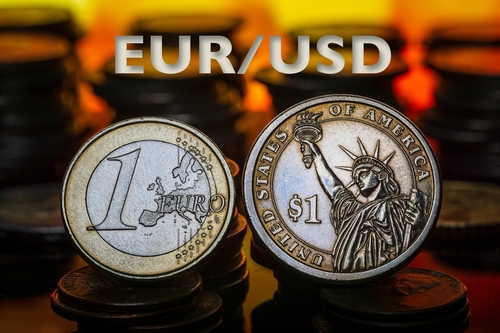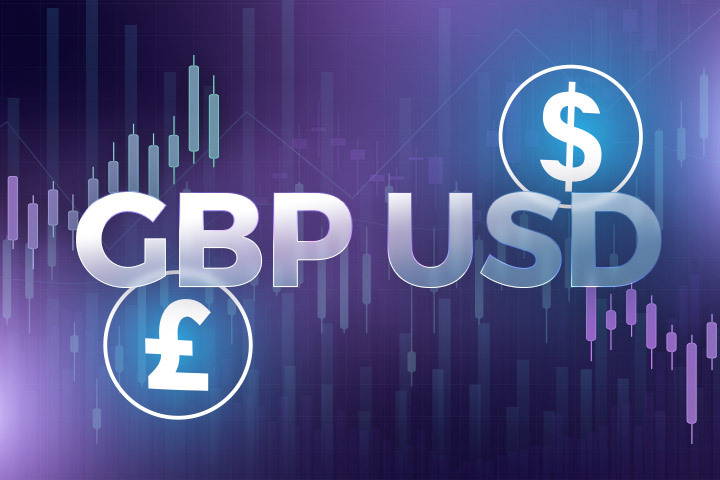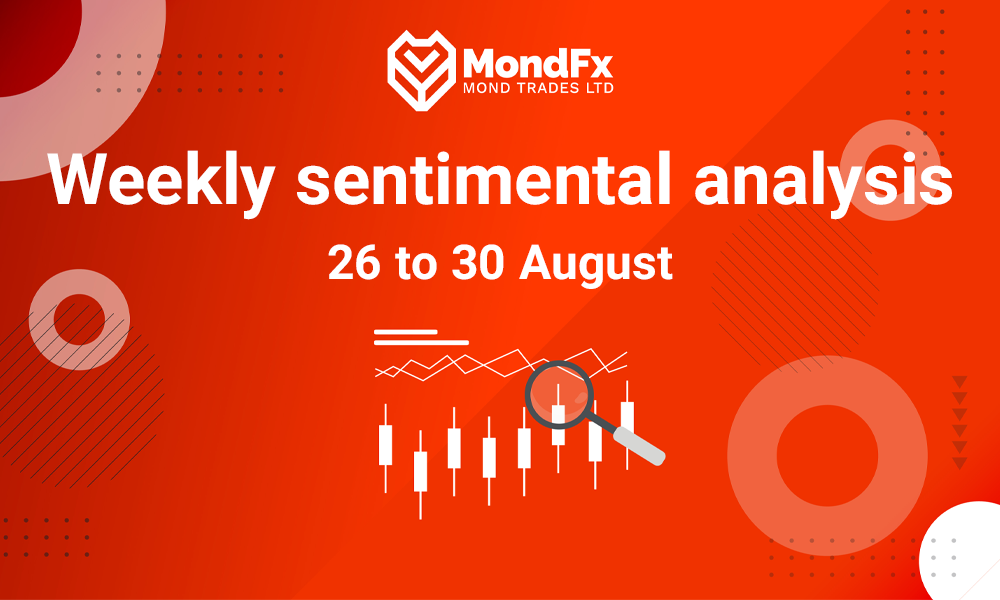
The Gold
In his speech on Friday, Powell noted that the Federal Reserve is prepared to adjust its monetary policies. He also stated that the time of interest rate cuts depends on future economic data. Meanwhile, gold was trading close to its all-time high.
He also emphasized that risks in the labor market have increased, and the Federal Reserve is now confident that inflation is nearing its 2% target. Currently, markets are divided on whether the Federal Reserve will cut interest rates by 25 or 50 basis points at its September meeting. Overall, investors expect a total of 100 basis points in interest rate cuts by the end of the year.
Furthermore, the increase in geopolitical tensions in the Middle East and the continuation of economic uncertainty have increased the demand for safe-haven assets and may lead to a good growth in the price of gold. However, weak demand in the Chinese economy, the world’s largest producer and consumer of gold, may offset these increases and put downward pressure on this precious metal.

The Euro
The EUR/USD pair gained 0.73% on Friday, ending its rally just below the 1.12000 resistance level. The pair’s biggest gains came just after Jerome Powell’s speech at Jackson Hole. In his speech at the Federal Reserve’s annual economic symposium, Powell announced that with inflation expectations easing and labor market risks rising, it was time to adjust economic policies. He emphasized that the Federal Reserve would do everything in its power to support a strong labor market while moving toward price stability.

The Pound
The British pound reached its highest level in 17 months against the US dollar (USD) on Friday, rising 0.92%. The US dollar and US Treasury yields fell sharply after Federal Reserve Chair Jerome Powell largely confirmed that the US central bank would cut interest rates in September.
Powell stated that ‘it is time to adjust policies,’ arguing that inflation is nearing the Fed’s 2% target. The market has been expecting a rate cut in September, and yet, Powell’s remarks managed to exert downward pressure on the US dollar and Treasury yields.
Meanwhile, the GBP/USD’s upward movement was supported by positive signals from the UK economy.
According to the GfK survey released on Friday, UK consumer confidence remained near its highest level in nearly three years in August, and the appetite for major purchases reached its highest level since January 2022.
Today, volatility in all GBP pairs will be lower than usual as all British stock exchanges and banks are closed due to the summer bank holiday.
However, the US durable goods orders report could cause significant fluctuations in the GBP/USD pair. If the data comes in stronger than expected, it could put downward pressure on the pair, although it may find support at 1.31800. Conversely, a weaker-than-expected report could bolster the pound and keep it near its recent highs.

The Oil
According to some analyses and fundamental reports of this week, from a supply and demand perspective, even though oil and petroleum product inventories have significantly decreased and weekly demand for gasoline has reached a historic record, oil prices have sharply declined.
The U.S. Energy Information Administration (EIA) announced an unusual seasonal decline of 4.6 million barrels in oil inventories. Gasoline inventories also saw a decrease of 1.6 million barrels as gasoline demand reached 9.19 million barrels per day, which is only slightly below the peak consumption for the same period last year. Additionally, diesel inventories experienced a significant drop of 3.3 million barrels per day.
Reuters also reported that India surpassed China in July to become the largest importer of Russian oil, as Chinese refineries purchased less oil due to reduced profit margins in fuel production. Russian crude oil accounted for 44% of India’s total imports last month, reaching a record 2.07 million barrels per day. This figure is 4.2% higher than in June and 12% higher than the previous year.
Geopolitically, the situation in the Middle East remains critical. Although Israel has agreed to a proposal to resolve tensions with Gaza, the lack of a complete ceasefire continues to destabilize regional stability and affects global concerns about oil supply. This geopolitical uncertainty has also influenced Brent signals, making future price movement predictions more complicated.

